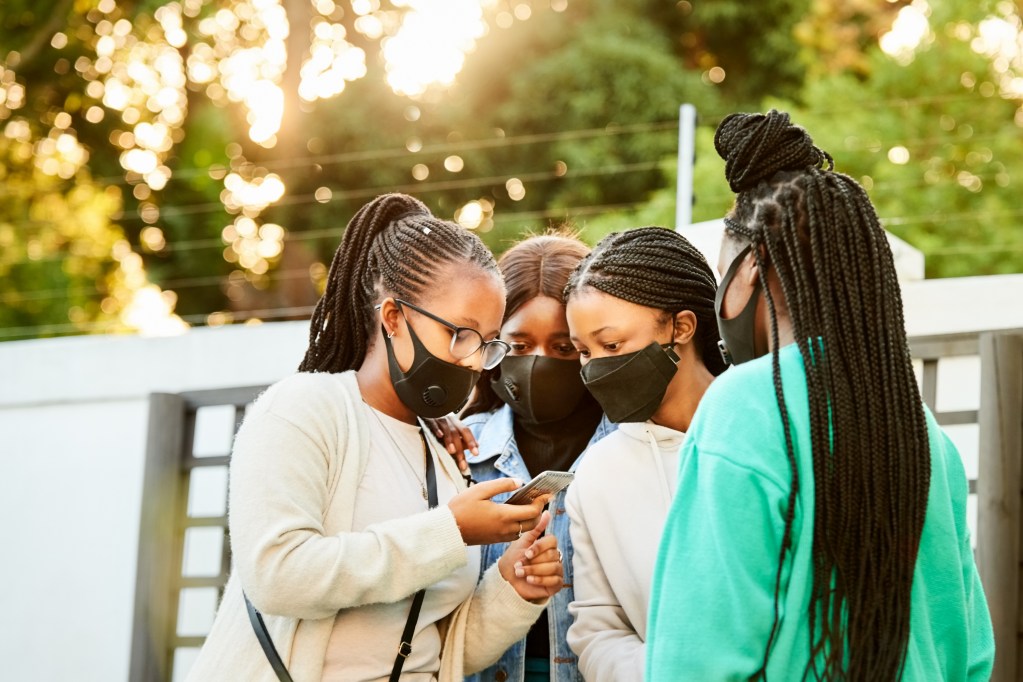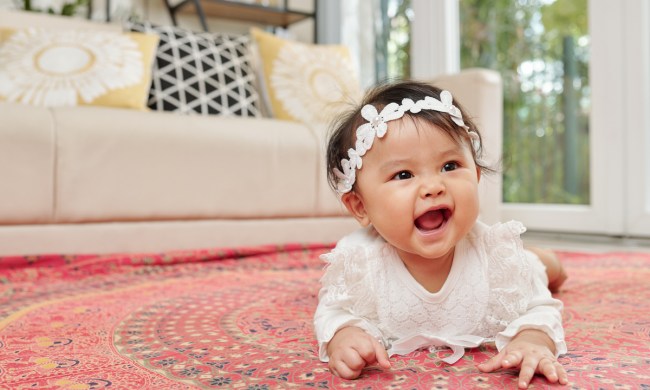Most modern-day teenagers see technology as an integral part of daily life. The world is at their fingertips and with the increasing popularity of apps like Tik Tok, Instagram, and Snapchat, social media is quickly becoming one of the most popular ways teens communicate and consume media. But just like how too much screen time can be bad for the eyes, too much social media may negatively impact a teenager’s self-esteem, especially teenage girls. Here’s what you need to know about social media and teenage girls.
The effects of frequent and/or invested social-media use

Social media has had a huge impact on teenage girls, a phenomenon that has been well-documented in academia. For example, one study found that people who are more emotionally connected to social media, use social media at night, or use social media more frequently are more likely to have lower self-esteem. Moreover, those groups of people also had lower sleep quality and higher rates of anxiety and depression. But what is the reason for this correlation?
A potential explanation for the lower sleep quality may be that a person highly emotionally invested in social media might feel disconnected and uneasy, and therefore unable to relax when not online. They may have a harder time falling asleep at night because it is hard to stop thinking about what they are missing out on. Or, they might use social media as a sleep aid or a way to wind down, exposing their eyes and minds to bright artificial light right before sleep.
This disconnect and uneasiness from a deep emotional connection to social media could also be part of the reason that that group of people has lower self-esteem. If a person is so preoccupied with how their online profiles look, they may be neglecting true needs in their life. Even a slight mistake or imperfection on social media can be detrimental to how some people view themselves.
Regarding anxiety and depression levels (conditions that are also associated with decreased self-esteem) in those who are emotionally invested in social media, the correlation is a two-way street. That is, people who are anxious or depressed are more likely to use social media more, and those who use social media more are more likely to be anxious or depressed.
However, it is thought that poor sleep quality is also a factor in that correlation. Inadequate sleep alone can be a factor in developing anxiety or depression, and in turn low self-esteem.
Additionally, making comparisons and reading or receiving negative comments on social media play a part in the lower self-esteem levels associated with more frequent social media use. Because our social media profiles generally exhibit only the best parts of our lives, comparing all of the details of our lives to the few things shown about a person based on a photo will probably result in some inaccurate conclusions. But that doesn’t stop those comparisons from happening or impacting one’s self-image! A 2008 study found that of the teenage girls surveyed, about 70% felt inadequate in one way or another.
Speaking of comparisons, although being emotionally invested in social media use, frequent social media use, anxiety, depression, and poor sleep are traits that are prominent in adolescent populations, they’re more common in females. Also, older adolescents use social media more often and have higher rates of anxiety and depression than younger adolescents.
Society and self-esteem

While poor sleep can contribute to low self-esteem, there are other societal forces at work that also influence a person’s self-image. Another study discovered that the pressure to be constantly available when messaged produced feelings of guilt, isolation, and stress in young adults.
Modern depictions of people on TV, in movies, and in advertisements show people with “ideal” proportions and airbrushed features. Similar to a carefully curated social-media profile, media depictions are not a correct portrayal of the average person’s daily life. Constant exposure to unrealistic expectations can cause one to feel like they need to live up to those standards — even if that is impossible.
Notably, low self-esteem is much more customary among teenagers than younger children. A young child’s self-esteem is largely based on how their caregivers treat them. However, as a child reaches their pre-teen years and beyond, they become more aware of how other people perceive them. Acceptance appears to be more important to most people as they age.
The internet can be a powerful, useful tool when utilized properly, but does require some self-discipline. In the majority of teenagers, little discipline is displayed, resulting in excessive social media use. These factors are definitely related and contribute to how the negative effects of social media may impact a person’s self-esteem the most.
You may want to have a talk with your teenager, especially teen girls, to establish boundaries and ensure that their self-esteem isn’t suffering as a result of their internet use.


